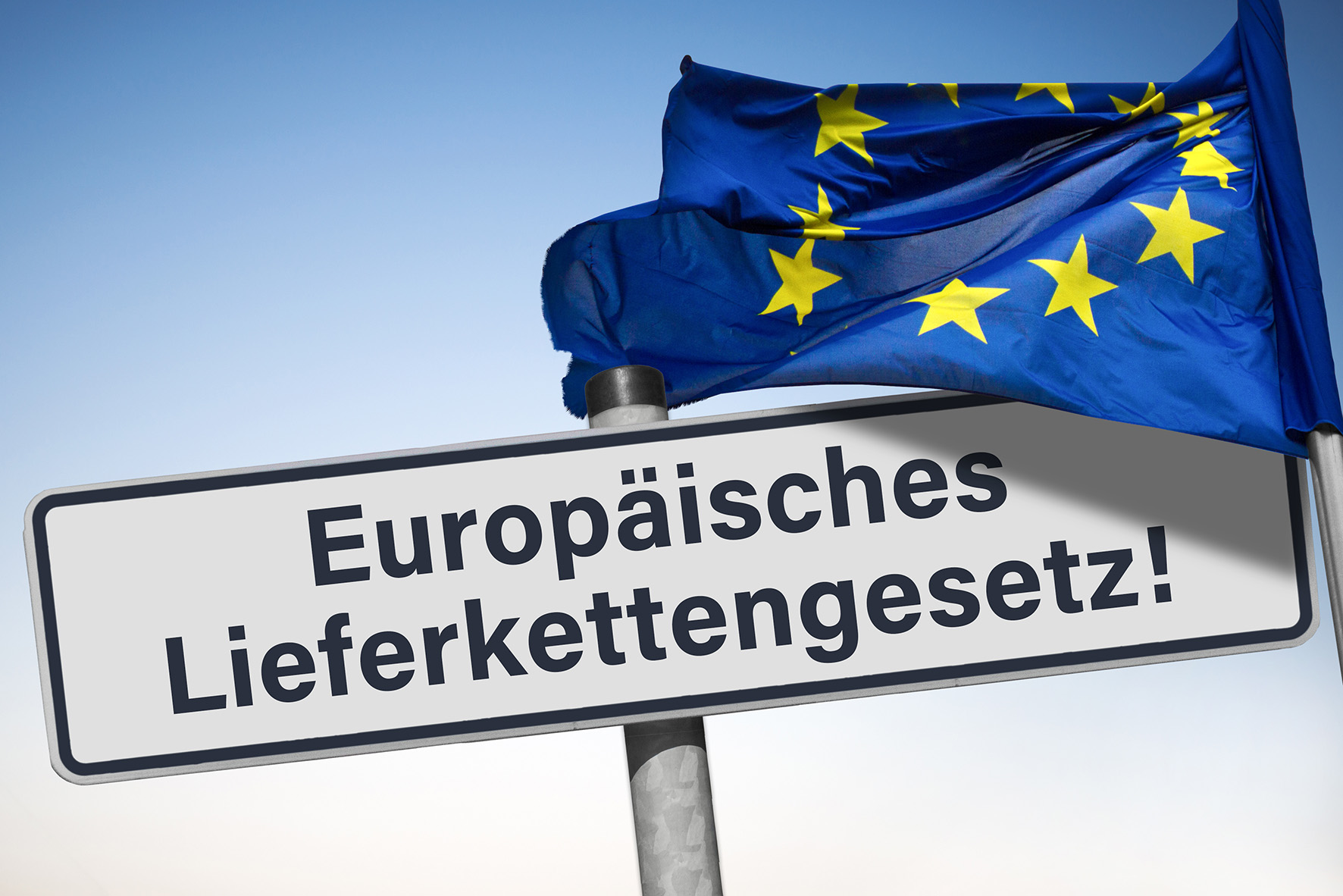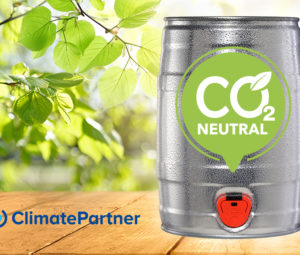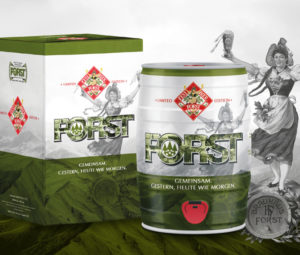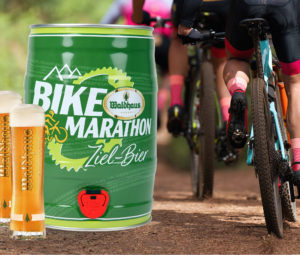The Supply Chain Act is a response to increasing demands for more transparency and accountability in global supply chains. Its aim is to reduce human rights violations, environmental damage, and other negative impacts along the supply chains. It took a long time for it to be adopted in the EU Council for the first time. Germany, and particularly the FDP, abstained from approval for a long time. However, the EU Supply Chain Act creates opportunities for Germany, particularly in terms of equality and competitiveness. Since January 1, 2023, Germany has had a supply chain law, the so-called “Supply Chain Due Diligence Act,” which already ensures that companies with more than 1,000 employees fulfill their human rights due diligence obligations. New EU laws for breweries? Not only hotly debated but also long overdue.
“For me, it was difficult to understand why Germany, in particular, showed such skepticism towards the EU Supply Chain Act,” comments Reinsberg. “With the introduction of a European Supply Chain Act, a gap is bridged between Germany and all other EU countries, and German companies no longer have to suffer from competitive disadvantages.”
The EU Parliament has literally approved and initiated the EU Supply Chain Directive and the EU Packaging Act on the final stretch of the legislative period. However, regarding the European Packaging Regulation (Packaging and Packaging Waste Directive – PPWR), things remain intriguing. The current text still contains some contradictory details that need to be clarified. Furthermore, official translations into the languages of the EU member states, which are customary in the EU, are still missing. Accordingly, the regulation will be submitted for another vote to the newly elected Parliament in June. While the repeated vote is considered a formal matter, if the political composition of the new EU Parliament changes significantly, the law could fundamentally shift or be altered. “Regardless, nothing will be implemented before 2027 or 2028, as numerous so-called delegated legal acts need to be developed and specified in the coming months and years,” comments Reinsberg. New EU laws for breweries: We will have to wait quite a while for them!

Dirk Reinsberg, board member of the Federal Association of German Beverage Wholesalers e.V.
The EU Supply Chain Act for Breweries: What’s it all about?
First and foremost, the EU Supply Chain Act, as well as the German Supply Chain Act, applies exclusively to companies with over 1,000 employees and an annual turnover of €450 million. This means that small breweries, small beverage wholesalers, or even German companies that do not operate internationally don’t necessarily have to deal with it. The Supply Chain Act stipulates that companies are obligated to adhere to human rights due diligence throughout their entire supply chain. This includes areas such as working conditions, environmental protection, anti-corruption measures, and respecting human rights. Therefore, companies must transparently disclose their suppliers, production sites, and the exact origin of their raw materials. The aim is to identify and address potential child labor, environmental pollution, or violations of labor rights early on.
Risik mitigation, reputation management, and promotion of sustainability
Compliance with the Supply Chain Act enables breweries and companies in the beverage industry to minimize their risks of human rights violations and environmental damage. This not only contributes to the protection of affected individuals and the planet but also shields the company from reputational damage and legal consequences. Transparent and responsible supply chain management can strengthen consumer trust and serve as a competitive advantage.
Furthermore, the Supply Chain Act compels companies to delve deeper into sustainability and social responsibility issues. Breweries and beverage companies are encouraged to implement more sustainable procurement practices and form partnerships with suppliers that share similar values. This can also help build long-term relationships with suppliers based on trust, fairness, and respect.
The EU Packaging Act and its implications for breweries and beverage retailers

image source: AdobeStock_523507766
The EU Packaging Act represents a crucial step towards a more sustainable future, urging breweries and beverage retailers to reconsider their packaging strategies. By implementing measures to reduce single-use packaging, promote reusable systems, and invest in sustainable packaging solutions, companies can not only decrease their ecological footprint but also gain long-term competitive advantages. It is crucial for breweries and the beverage retail sector to proactively respond to the requirements of the EU Packaging Act and adapt their business models accordingly to ensure a sustainable future.
“The initial draft of the Packaging Act, presented in November 2022, initially sparked great consternation. In my opinion, the legislators did not at all consider the specific challenges of the German beverage industry,” commented Reinsberg. “For example, every reusable container was supposed to have an inseparable marking. Labeling on labels was thus excluded. This would have meant, among other things, that all reusable beverage bottles already in circulation (beer as well as mineral water, etc.) would have had to be melted down. That amounts to 3 billion bottles! It would have been an ecological and economic disaster! Additionally, it was proposed that transport packaging should be no more than 40% larger than the goods being transported. A beer crate with 20 or 24 bottles would no longer have been allowed. The legislators clearly had in mind the countless and often oversized cardboard packages in online retail, and certainly not beverage reusable crates. Fortunately, this regulation could be adapted to protect the millions of beverage crates already in use. Similarly, the initially proposed subordination of existing open reusable pools to a closed governance system…”
Improvements for different beverages and packaging types
The lobbying efforts of the associations were particularly crucial here! The hard liquor industry had been exempt from the law from the outset, as implementing a reusable system would simply not have been feasible. Likewise, existing reusable systems in the brewery and mineral water industries were also excluded from the law as exceptions. This way, the new EU packaging law could be adjusted to avoid imposing significant economic disadvantages on certain sectors. “However, this process of fine-tuning is not yet complete,” explains Reinsberg. “There are still some aspects to sharpen. For example, QR codes should be integrated on all labels, linking to further product information online. The exact nature of these markings is still under discussion, and there will need to be further adjustments here as well. However, I am confident that we will resolve the last few discrepancies promptly.”
Good news for Envases’ minikeg: All containers over 3 liters are exempt from the regulations! So, the new packaging law has no impact on the 5-liter party kegs.
The debate surrounding the two new EU laws concerning supply chains and packaging has illustrated the significant impact decisions in Brussels have on the economies of individual EU countries. EU law thus translates into German law as well. It remains to be seen whether these long-debated laws will remain as they are or be altered or halted after the election. We will keep you updated!
Image source cover image: AdobeStock_544841649



